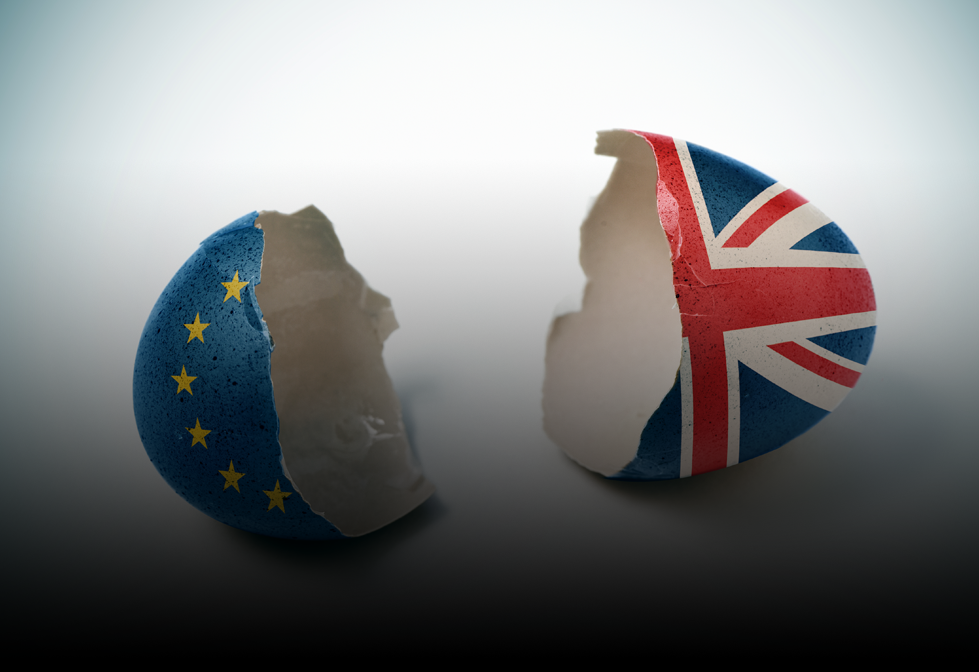Minimum alcohol pricing evaluation is a ‘whitewash,’ says IEA expert
SUGGESTED



“This is a whitewash that ignores most of the evidence from the government’s own evaluation. Research commissioned by Public Health Scotland shows that minimum pricing had no impact on crime, no impact on A&E attendances and no impact on the heaviest drinkers. Minimum pricing was supposed to make people drinking at harmful levels consume less alcohol. This did not happen. In fact, the heaviest drinking men have been consuming more.
“To claim that minimum pricing was a success, Public Health Scotland has had to ignore the bulk of the evidence and instead focus on a single modelling study based on a theoretical counterfactual. The reality is that alcohol-related deaths in Scotland are at their highest level in over a decade and remain much higher than in England.”
“Minimum pricing was promoted to politicians based on speculative modelling so it is apt that a speculative model is being used to save it from the sunset clause – but minimum pricing has only ever worked in the imaginations of a handful of academics. It has cost Scottish consumers hundreds of millions of pounds and deserves to be ditched.”
ENDS
Notes to Editors
- In May 2022, the IEA published The Hangover: The cost of minimum alcohol pricing in Scotland, which estimated that MUP has cost consumers £270 million in its first four years.
- In March 2023, Christopher Snowdon wrote about The minimum pricing salvage job, outlining issues with the study that claims minimum pricing ‘led to’ a 13.4 per cent decline in deaths.
- In August 2022, Christopher Snowdon wrote about how Minimum pricing isn’t working.
Contact: media@iea.org.uk / 07763 365520
The mission of the Institute of Economic Affairs is to improve understanding of the fundamental institutions of a free society by analysing and expounding the role of markets in solving economic and social problems. The IEA is a registered educational charity and independent of all political parties.



